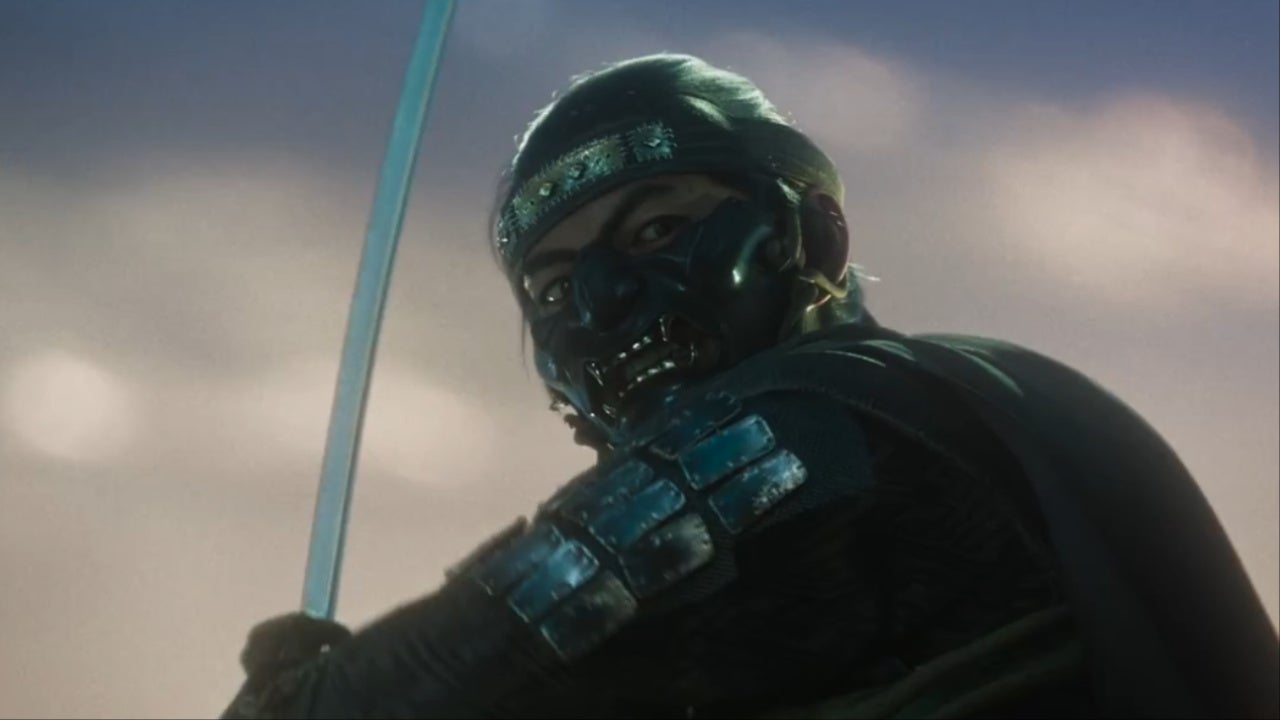The Color Purple opens in theaters December 25.
The Color Purple and its subsequent screen and stage adaptations are tied together by a complex and disappointing history. The Pulitzer Prize-winning novel by Alice Walker was frequently censored for its depictions of violence and homosexuality, rough edges that were sanded down for both a Steven Spielberg-directed film version and a Broadway musical based on the book. No telling of Walker’s story about a Black woman coming of age in early-20th-century Georgia has felt as dangerous or transgressive as the original – and that includes the new movie musical from director Blitz Bazawule.
It’s a deeply average example of the genre, pretty much replicating the plot of Spielberg’s movie, which follows Celie Harris (played as a teenager by Phylicia Pearl Mpasi and as an adult by Fantasia Barrino) as she’s separated from her sister Nettie, marries an abusive husband, forms crucial bonds with other women adjacent to her family, and finds the strength to break free. That’s the short and sanitized summary; the misery wrought upon Celie is stomach-churning to even think about, given how much of it comes at the hands of her father. And yet, Bazawule barely depicts or even implies the intense physical and psychological harm done to her. It’s more like he vaguely gestures toward it, without allowing the impact of any one tragic event to land. It can’t help but feel mechanical in its presentation.
This unfortunately holds true for the film as a whole. Despite having numerous musical numbers throughout its 140 minutes, this Color Purple plays out as if on autopilot. While the songs have been whittled down from the original Broadway production (18 musical numbers and interludes, some originally composed for the movie, rather than the stage’s show’s 29), they’re awkwardly placed, as though they were meant to function as transitions added atop the actual story, instead of being used to tell the story itself. It’s a bad sign when you can cut most of the singing and dancing out of your musical and end up with an equally coherent film.
There’s incredible talent on display from every actor on screen, but the camera fails to properly capture any of it, let alone enhance it. Cinematographer Dan Laustsen’s use of shadows is too murky and clumsy to do anything of note except obscure the performances of the film’s mostly dark-skinned cast, a problem compounded by the fact that the camera often sways and pans haphazardly without always capturing their expressions. Dance sequences cut either too close to the actors or too far from them to give us a sense of movement and space. None of the numbers seem to last very long either, as though the movie were too impatient to skip forward to the next plot point. The ensemble – which includes Colman Domingo as Celie’s domineering husband Mister, Taraji P. Henson as his sultry mistress Shug, Corey Hawkins as his pushover son Harpo, and an impeccable Danielle Brooks as Harpo’s tough, voluptuous sweetheart Sofia – matches an unfettered verve to a keen understanding of each character’s body language. Even during straightforward, spoken drama, they grasp the ways each relationship and dynamic can be told through movement. But the film seldom allows these moments to breathe, stripping each scene and interaction down to its bare minimum before plowing ahead.
Worst of all, this constant truncation takes what ought to be a triumphant portrayal of queerness and Blackness and makes it bizarrely ascetic. While Spielberg’s film softened much of the explicit lust and sexuality between Celie and Shug, it still retained hints of tension between them, as well as a kiss. The two briefly lock lips here (albeit in silhouette), but it’s hard to intuit any real passion between them, even though it appears to have been intended. But the moments between Barrino and Henson that ought to read as romantic are lacking in any spark or magic thanks to a camera and editing that conspire to quickly move past anything messy, complicated, arousing, or remotely human. At its core, Walker’s story is about the politics of the body and soul – who owns them, and how they’re liberated – but the movie musical seldom allows the characters’ physical or spiritual selves enough room to fully exist on screen, let alone grow.
The heart of The Color Purple is the sisterhood between Celie and Nettie (Halle Bailey and Ciara sharing a brief but radiant role), but this version lacks the basic element that’s supposed to make its story tick: the passage of time. Plenty of years go by, and the actors show up looking older and more weathered thanks to some stellar makeup, but Bazawule’s filmmaking has no sense of place, weight, or memory. You seldom feel as though time has passed, given how little attention is paid to the primary setting – Mister’s home and his ranch – and how it changes, how little we actually see of it, or how infrequently the characters interact with it. This permeates the musical numbers and the drama too: It’s hard to latch on to anyone or anything emotionally, because figuring out where you are in place, time, or story becomes an intellectual exercise as opposed to something immediately felt.
The jazz- and swing- inspired tunes are snappy and catchy, but the musical numbers don’t come together as truly passionate thanks to how they’re shot. The camera’s movement is so stilted as to feel sterile, never letting loose with its filming of dance. But the movie also commits the cardinal sin of casting a talent like Barrino without using the immense power of her voice. She played the role on Broadway once, but what’s the point? You’d think the movie would take a beat to let her belt out a showstopper, but you’d be wrong.
There’s little desire or anguish expressed through sound, and no vocal or musical crescendos to send a chill up your arm. The closest the movie gets to a moving or overwhelming moment is a Celie solo about two hours in, but even then, it holds back. For comparison: The 1985 Color Purple was Spielberg’s first straightforward drama, so it felt occasionally awkward in tone and construction. But its dramatic moments are properly punctuated and allowed to simmer, and Spielberg deftly externalizes the characters through careful blocking and composition – qualities that escape Bazawule’s direction.
The first time The Color Purple was made into a movie, one of the common criticisms was that Spielberg wasn’t the right person to tell this story. If that’s the case, then the right person still hasn’t come along. Not only is his film far superior despite its flaws, but it has a much more rhythmic quality despite not being a musical. It hits every emotional high that Bazawule loses between the music.






